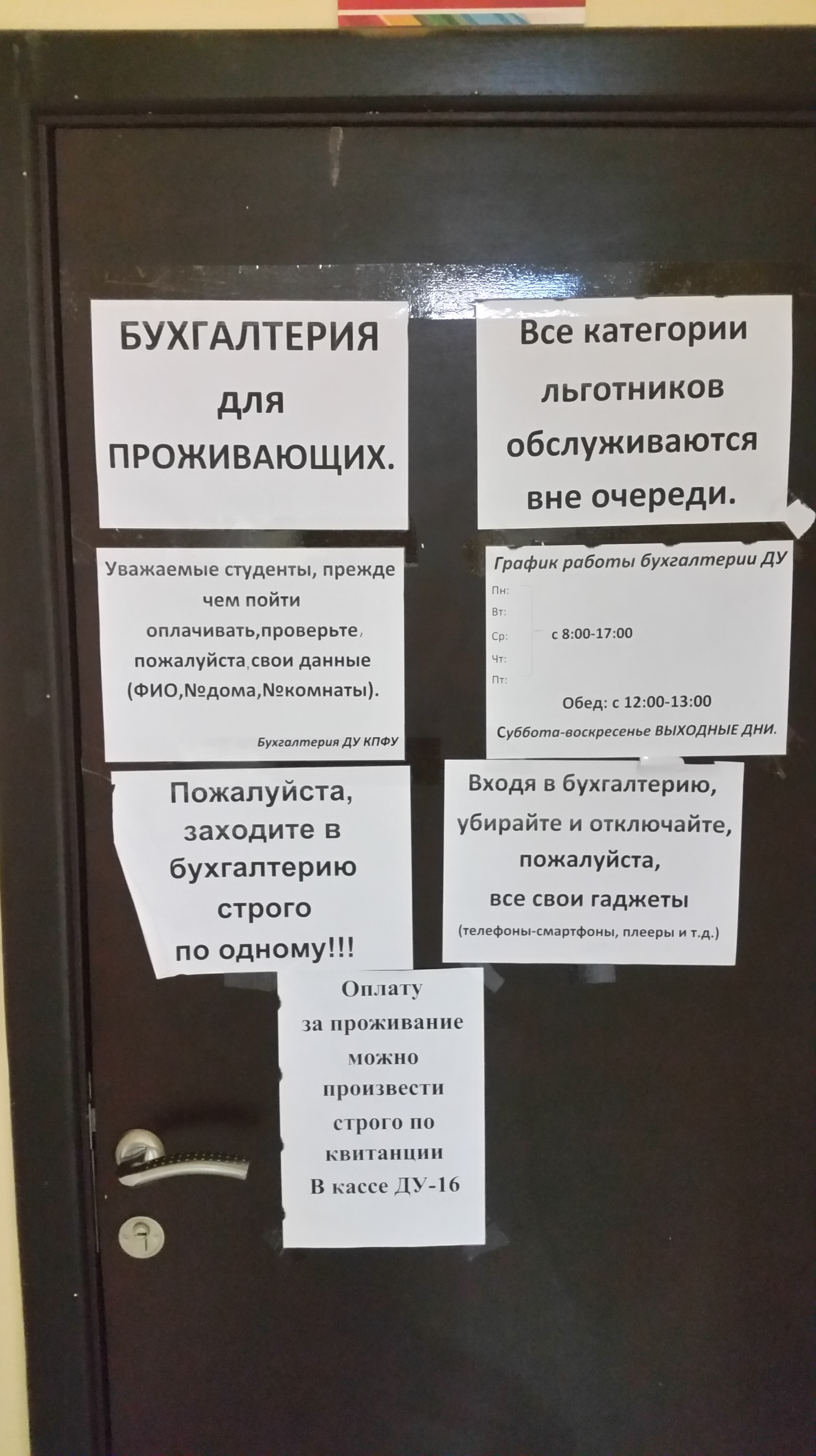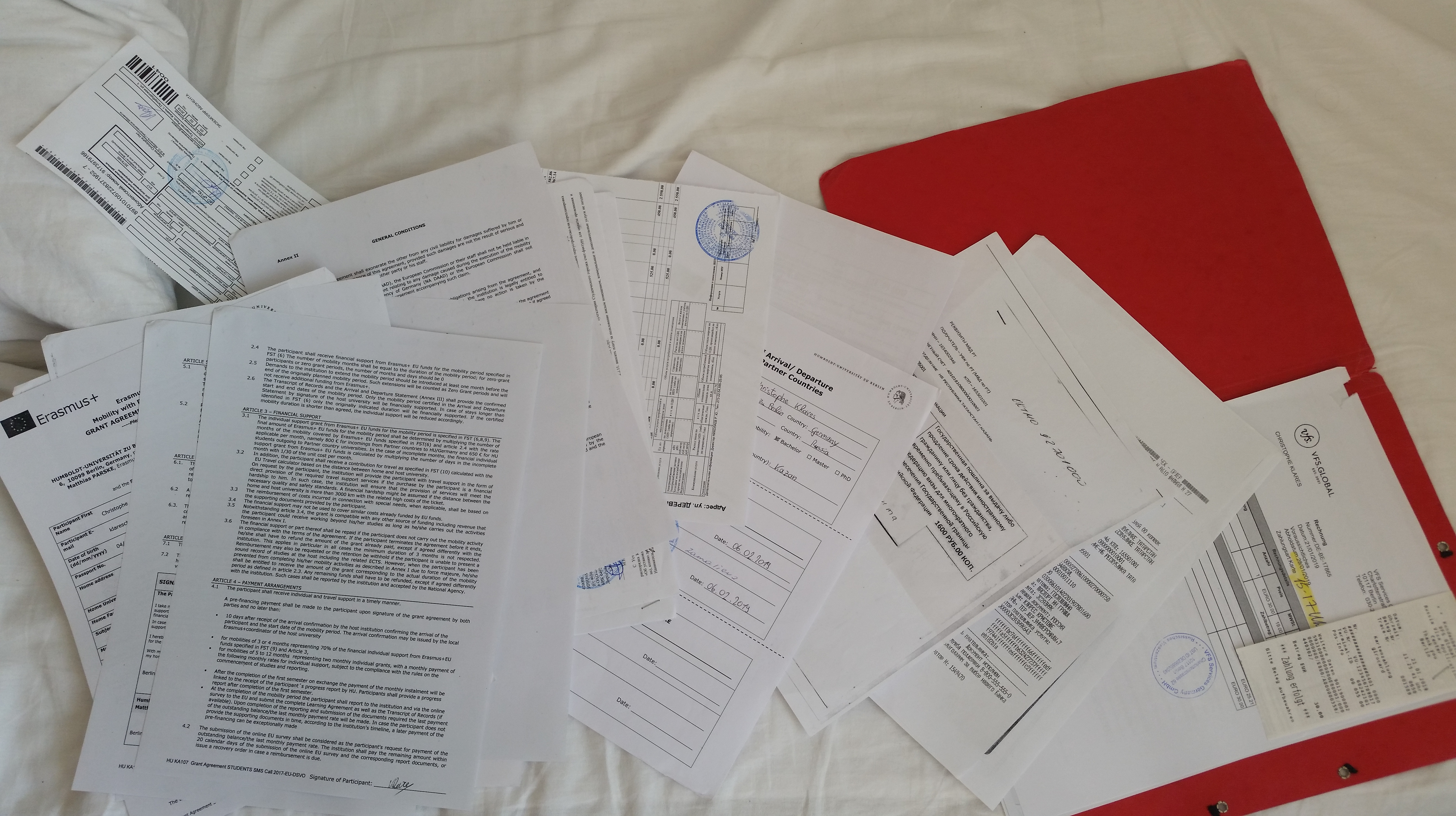Please not that the following lines are highly personal and that they may or may not represent the whole truth. However, they do represent a truth, my truth. A truth that had partially been written during the onset of a bacterial illness and in the cold and dark month of February.
First of all, I believe a short introduction would be necessary. Some wider context is needed for you, the reader, to understand where I am and what is going on. After my frustrating months in Central Asia, may they be as instructive as they have been, I decided to head back to Georgia to visit my friends, following an emotional sickness, eat food without meat and possibly find a job here. I had taken matters into my own hand, had freed myself of most of my worldly possessions and had set my mind on trying something new for myself. It turned out to be more difficult than anticipated.
But let’s not dive too deep into these organizational matters, for they are quite boring and serve no greater purpose. It suffices to say that I moved to Kutaisi, following my intuition and the advice of a foreign friend who has settled here and seemingly adores the city. Right from the start I got in touch with a young local couple owning a teaching-center, start-up palace and who asked me straight-away if I wanted to give English lessons. I agreed. Two or three month passed without any greater evolution of my working and overall situation. I have a flat by myself, yet no one to share it with. I had the outlook for acquiring a teaching position with no fixed program, allowing me to freely teach as I see fit. I have some financial reserves and no immediate pressure to actively seek employment. I did watch a few extraordinary films, all-time classics and some that are advisable for all to watch. I read a few books.


The months passed. I witnessed the Georgian parliamentary elections. I saw the former president Mikhail Saakashvili return from his Ukrainian exile (just in time, I’d say). Misha returned and so did the snow in Rustavi. I experienced public transportation in Georgia. I followed Georgian news on the war in Ukraine. I observed the everyday Georgian life, the routine. I mused about the fascinatingly slowness at which everything and everybody moved, not taking into consideration the drunk drivers all over this country, who cannot wait to die in a tragic accident. And all the suicidal Glovo bikes who face the traffic jams of Tbilisi with a stern fanaticism, proudly carrying the banner of exploition into their glorious death. Banzai!
I remember Georgia from seven years ago, when I fresh came from high school into this promising Caucasian state that was still forgotten by most of the world. The overall infrastructure and life standards seemed to be increasing slowly but steadily. People were friendly, hospitable, exceedingly interested in meeting and talking to European strangers.
Of course, I am aware that my situation was an altogether different one. I may have had this veil of naivety, which shielded of a great number of uncomfortable truths, Well, it has been lifted. I see things clearly now. And I am bitterly disappointed.
I will satisfy myself with only one concrete example: politics. You think that politics are boring? Especially this dull process of going to the voting booth and give your voice to somebody? Fear not, in Georgia it pays off! Upon voting for the right party, the Qartuli Otsneba, in short Qotsi (note that this is awfully close to the German words “kotzen”, which means to throw up) you will receive 20 Lari and/or a sack of delicious potatoes. Yes, you may suffer from four years of hardship and an ever increasing slithering towards a pro-Russian dictatorship, but behold! you will eat well for one week.
These are the voters, who happily give their voice and receive something in return. Others, especially state workers, were forced to vote for the ruling party (in power since 2012) under the threat of losing their jobs.
Of course, in the end all of this pressure is hardly worth the effort, as the elections were rigged anyway and a majority of the people did vote for Qotsi, despite the obvious fact, that the leading politicians work on their own, personal agenda. It’s disappointing, that any reasonable being would vote for a political party that is so openly corruptible.
I realise that I sound harsh and unfair. However, it becomes clear to me that Georgia is moving away from being truly European. Not the individual people, certainly not my close friends here, who I adore more than anybody else, but the whole dirty edifice as a whole. The war in Ukraine (yes, it’s called a war, Putin, you sad, empty cunt!) is the famous drop that was one too many. It’s a disgusting display of sheer power whoring, of reckless lying and manipulating, coupled with a creeping hollowing of the free and concerned public opinion.
The valiant, empathetic Georgian people rose up and demanded their government for immediate support for the harassed, bleeding Ukrainian defenders. The political leadership answered unanimously – with silence. Well, okay, with a small outcry, condemning Russia’s move. But did any actions follow?
( a bit of a badly structured paragraph, I might rephrase it a later stage )

When I was on my 20-hours bus ride through Turkey, I had a lot of time to reflect on what lays ahead. When I first lived here I was in love and its magic made me oblivious to certain aspects of the unpleasant reality; where there was wonder, love and excitement, now sadness reigns. I have become anxious, fearing that I might be ran over by a drunk Georgian driver at any time. Or mistaken as a Russian and injured for this reason. I feel disillusioned. I had hugged Georgia and its mode-de-vie, but the embrace has been loosened and instead of the warm and affectionate feeling an awkward silence imposed itself. There’s a dwelling anger in my chest.
Therefore, it appears evident that my time here in this country comes to a close. I resolve to leave ere summer, with no mind to buying a return ticket.
Before closing this chapter I must, however, bring a small memory back to my mind. It was on my excursion to Tkibuli (ტყიბული) that I met some excellent Georgians in a restaurant. I join their drinking and feasting party. Despite the war in Russia and their ever-increasing hatred towards the Russian language, they conversed with me, therefore overcoming their unease, anger and sadness for the sake of communication: an altogether smart and wise approach. We enjoyed our reciprocal company. Upon hearing that I was going to leave Georgia one man asked me not to forget them.
That was all he demanded. To remember that scene. The true identity of one part of Georgia. A welcoming, warm, hospitable and out-goinf one. One that overcomes problems, personal and the ones that are a produce of society and the environment. And I am happy for this memory and for many, many more.


But I have made up my mind about leaving.
Off, I will go, into the west.













